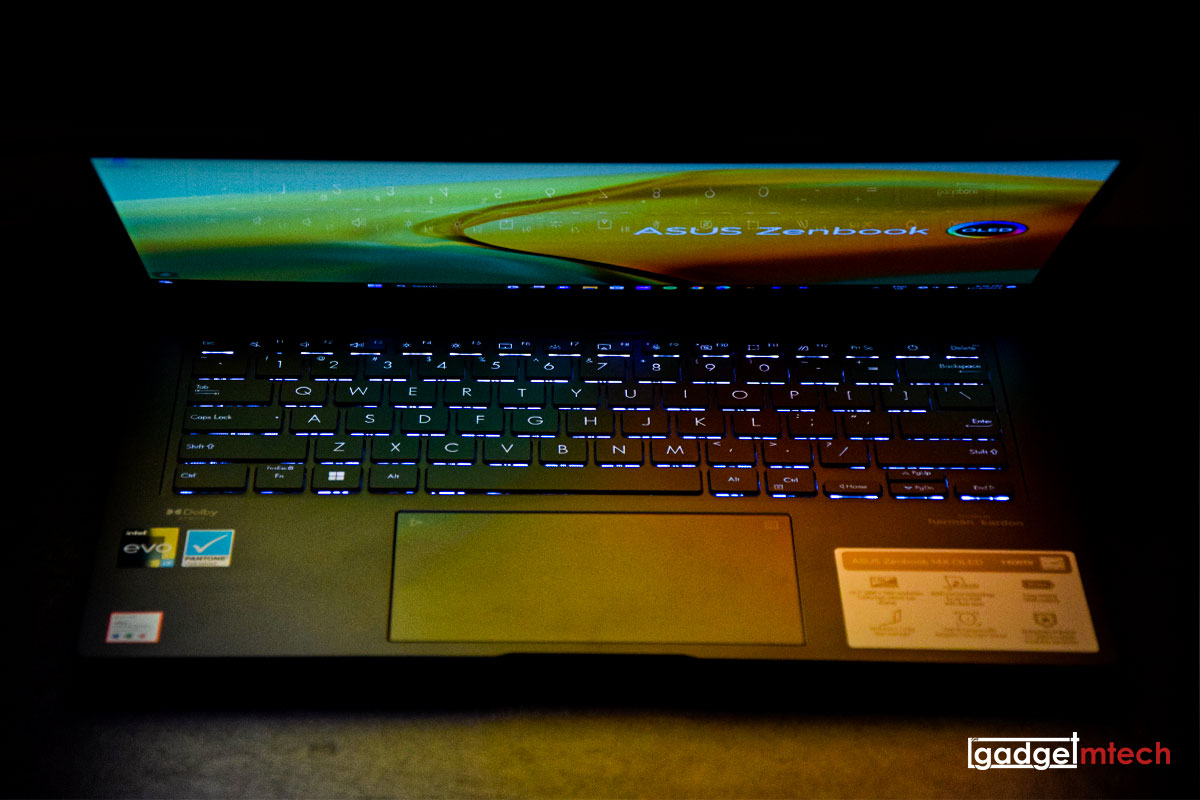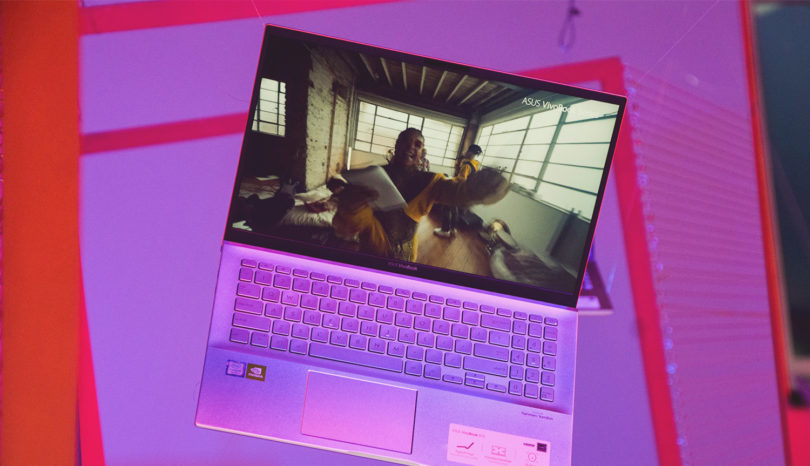Last year, we reviewed the AMD-powered Vivobook 15X OLED(M1503), a great laptop with the best-in-class display. Just recently, ASUS sent me the new Vivobook 15X (K3504), powered by an Intel processor and doesn’t have an OLED screen. I’ve been using the laptop for a few weeks, here’s the full review!
ASUS Vivobook 15X (K3504) Specs
- 15.6-inch Full HD (1,920 x 1,080) IPS LCD 16:9 display
- Intel Core i5-1335U processor
- 8GB DDR4 RAM
- 512GB M.2 NVMe PCIe 3.0 SSD
- Intel UHD Graphics
- Wi-Fi 6E (802.11ax) + Bluetooth 5.3
- 1x USB 2.0 Type-A, 1x USB 3.2 Gen 1 Type-C, 2x USB 3.2 Gen 1 Type-A, 1x HDMI 1.4, 1x 3.5mm Combo Audio Jack, 1x DC-in
- 42WHrs 3-cell Li-ion battery
- Windows 11 Home with Office Home & Student 2021 included
- Weight: 1.6kg
- Dimensions: 35.97 x 23.25 x 1.79cm
- Color: Cool Silver
Design
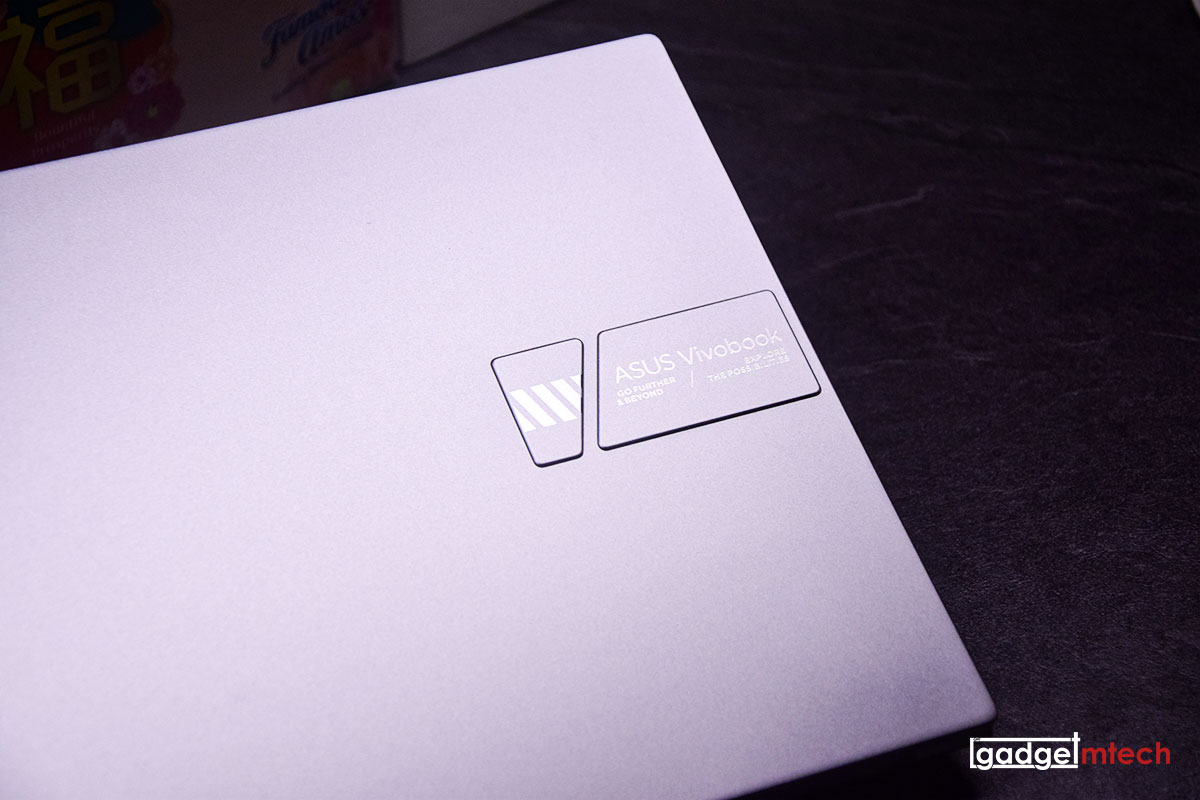
The Vivobook 15X (K3504) mostly is made of plastic, but the top lid is made of metal. The Cool Silver paint job makes the laptop look less premium, though it also has the metal plates that house the “ASUS Vivobook” logo and the warning stripe design, the same as the Vivobook Pro 15 OLED (M3500Q).
The Vivobook 15X has a lay-flat 180° hinge and plastic bezels around the screen. The webcam above comes with a physical privacy shutter, which you still can’t find on most laptops.
In terms of I/O ports, the laptop comes with a USB 2.0 Type-A port, a USB 3.2 Gen 1 Type-C port, two USB 3.2 Gen 1 Type-A ports, an HDMI 1.4 port, a 3.5mm Combo Audio Jack, and a DC-in port.
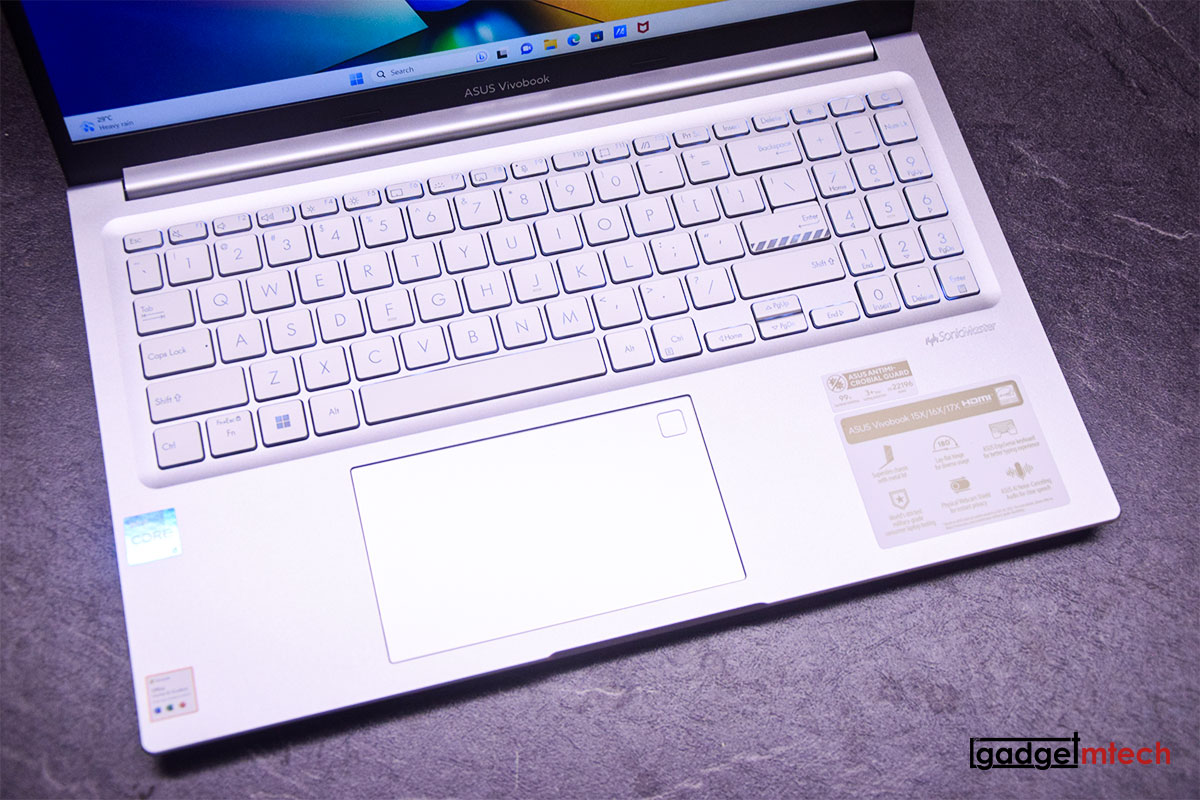
The keyboard is pretty much the same as other Vivobook laptops with a short travel distance. There’s a fingerprint sensor on the top right corner of the touchpad, which allows you to log in to Windows instantly.
Display

Unlike many other laptops that ASUS launched this year, the Vivobook 15X sports a 15.6-inch Full HD (1,920 x 1,080) IPS LCD 16:9 display with a 60Hz refresh rate. I guess I’ve been spoiled by ASUS with all those OLED laptops they sent me to review this year, I’m just not used to an IPS display and I can immediately notice that the colors aren’t accurate. The screen has a peak brightness of 250 nits, which seems alright for indoor usage, but not recommended for outdoor usage.
Performance
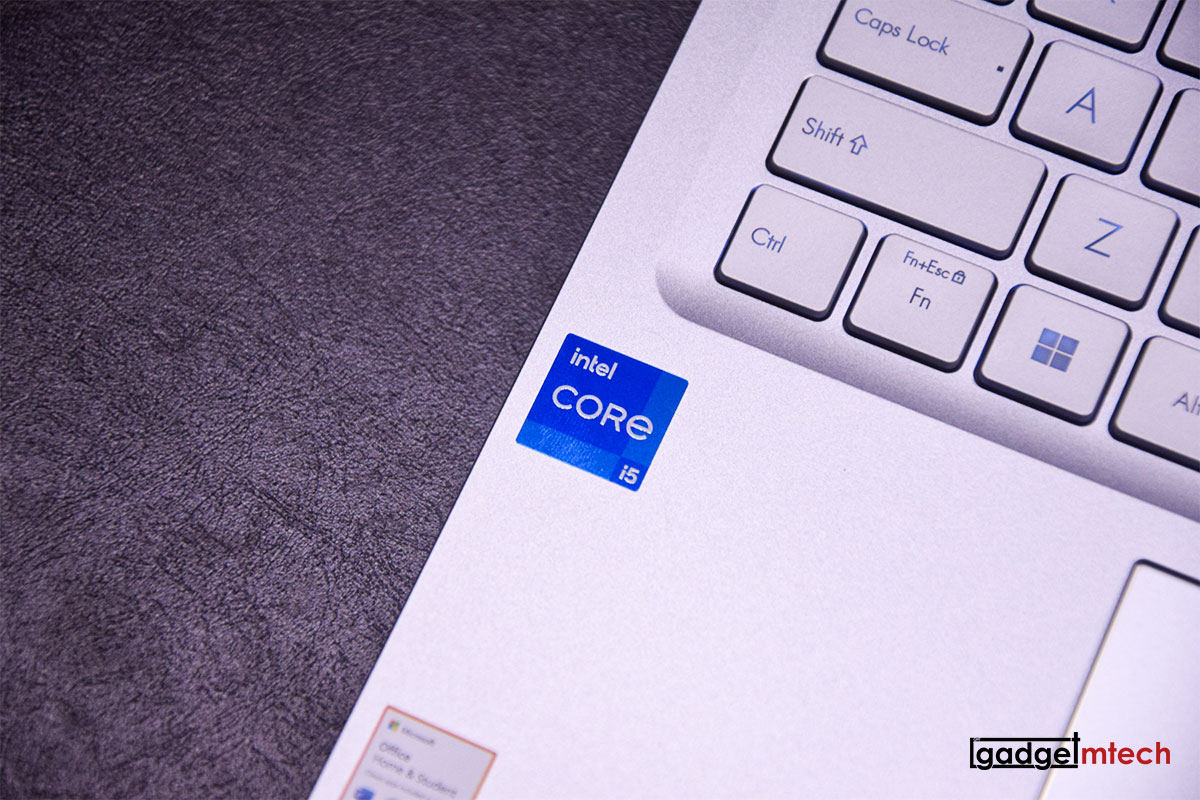
Powering the Vivobook 15X is an Intel Core i5-1335U processor with 8GB DDR4 RAM and 512GB M.2 NVMe PCIe 3.0 SSD. ASUS decided to use the PCIe 3.0 SSD instead of the better PCIe 4.0 SSD to cut down the budget, but I’m okay with it.
The performance is fairly decent for tasks like browsing the web, checking emails, and typing Excel, but it’s not a good laptop when it comes to graphically demanding software. The laptop only has Intel UHD Graphics, so don’t expect it to perform well. However, ASUS did mention that Intel Iris Xe Graphics is only available in models with Intel Core i5/i7/i9 processors and dual-channel memory, which means all you need to do is add another stick of RAM to make it dual-channel. Then, it’ll become Iris Xe Graphics. The 8GB DDR4 RAM is already soldered in the motherboard, but you can still add another 16GB RAM thanks to the extra SO-DIMM RAM slot.
One problem that I encountered during my review period is it won’t detect the Wi-Fi driver when you boot up the laptop, you’ll need to wait a few minutes then the problem will be solved.
Battery Life
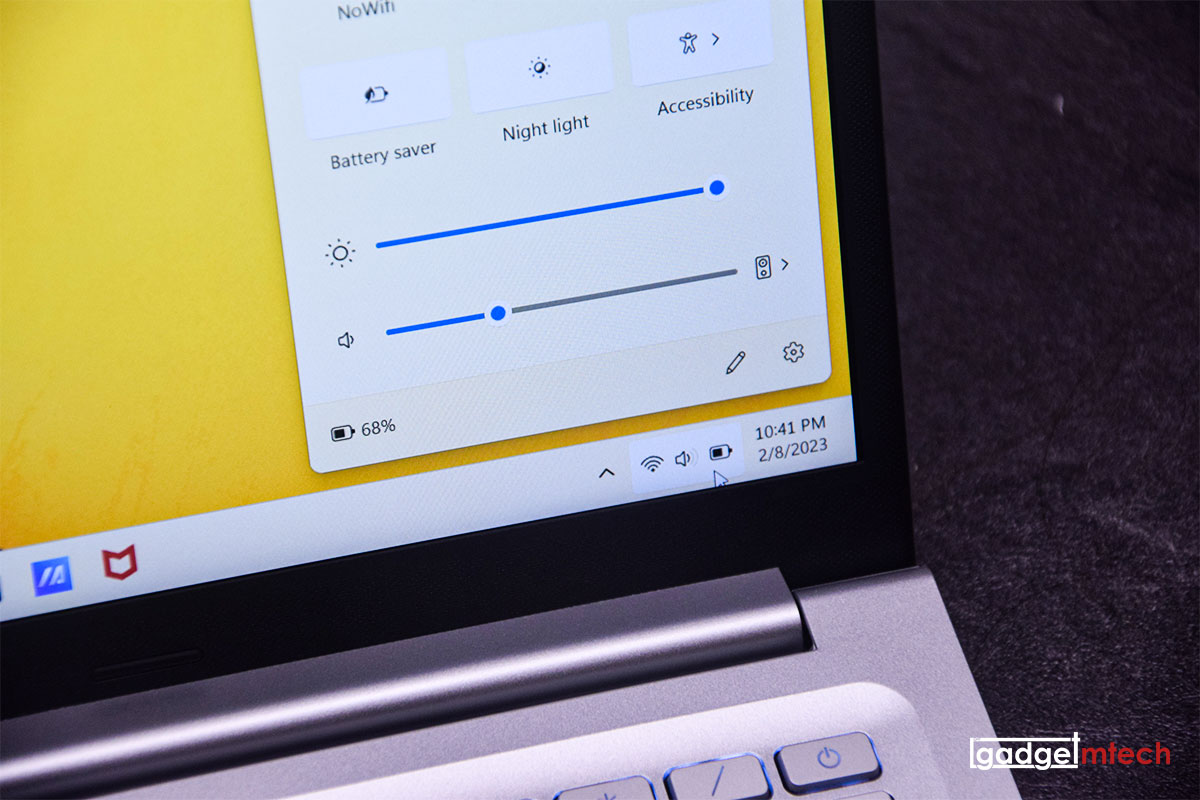
The Vivobook 15X packs a 42WHrs 3-cell Li-ion battery and I was able to get around 4 hours of battery life for moderate usage. It’s not that good, but it is expected since its battery capacity isn’t that big.
Final Words

The ASUS Vivobook 15X (K3504) is only available in one variant, priced at RM3,199. To be honest, I would say that it’s not worth getting this laptop when you have the Vivobook 15X (M1503) that has a better processor and the best-in-class screen with a 2.8K resolution and a 120Hz refresh rate.


